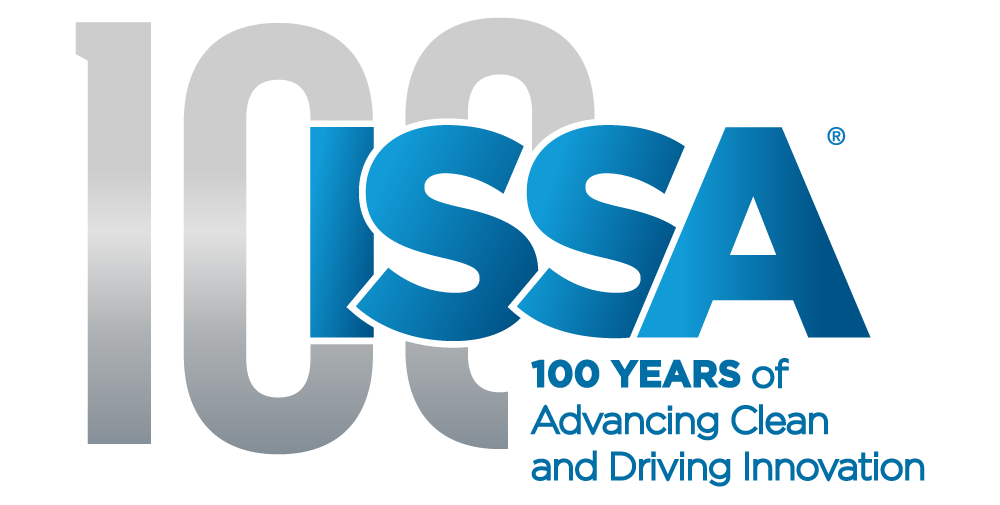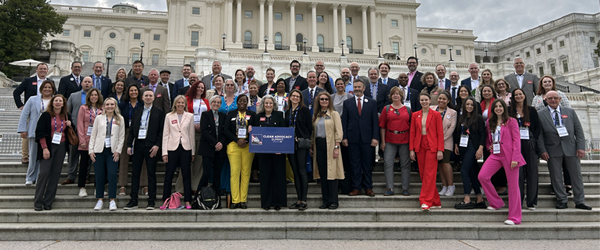The Power of a Growth Mindset

Many employees feel unmotivated and have struggled to adapt to the new normal after social distancing, working from home, or on the frontlines for more than a year. In fact, a recent study found that 44% of employees under the age of 35 reported that a lack of motivation has hindered their performance at work since the beginning of the COVID-19 outbreak. While the younger workforce seems to be most impacted by the pandemic, these issues are universal and extend to workers of all ages.
Additionally, 2020 saw an uptick in social justice issues, demanding leaders and companies to take action against racism and inequality in the workplace. Despite the many remaining challenges, the last year has highlighted the importance of company culture and employee engagement. Developing a strong work culture is not a new concept, but it is something many companies and those in leadership positions aim to improve, especially during this unprecedented time.
So how can we take this important step? By developing a growth mindset culture.
What is a “growth mindset?”
The differences between a fixed and growth mindset have been studied by many psychologists. With a fixed mindset, people generally believe their basic qualities, such as their skill sets and intelligence are fixed traits. This can result in people believing that the only way to achieve success is by having talent to begin with, thus limiting their potential.
A growth mindset takes on a different approach, where people believe their most basic qualities can be further developed through practice and dedication. This view allows for a more creative, dynamic approach to success, encourages people to obtain a love of learning, and helps to build up resilience over time.
The NeuroLeadership Institute has developed company-wide programs around this concept, which has proven to increase employee engagement by 22%. By teaching employees to view challenges as opportunities instead of threats, it encourages them to further improve their skill sets and seek out new solutions.
It all starts with you
Every person has a different set of skills and way of approaching challenges. It’s important for everyone to understand how they learn, what keeps them curious, and how that can be incorporated in a group setting.
Asking yourself and employees the following questions can help spark change from the bottom up:
- What social rewards most benefit you? Some people prefer praise, such as verbal acknowledgement when a task is completed successfully, while others may shy away from it.
- What tactics keep you motivated to improve and grow? Where one person thrives by envisioning their goals and developing a plan, another person may enjoy less routine and grow from a more competitive environment.
- What empowers you to get to know yourself better? From group activities to one-on-one discussions to individual journaling, there are numerous approaches to learning about oneself.
- How do you learn and grow as an individual? Whether you learn best by example (visual) or having someone explain something to you (auditory), understanding your learning style is critical.
- What’s your communication style? When an assertive coworker approaches a passive coworker, it’s easy for problems to arise. Taking the time to understand the different types of communications styles can help avoid conflict in the workplace.
Taking the next step
Both companies at large and individual employees can benefit from developing a growth mindset. ISSA Hygieia Network™, a signature ISSA Charity, is dedicated to the advancement and retention of women in the cleaning industry.
Want to get involved? Visit hygieianetwork.org today.
ISSA Hygieia Network has partnered with the NeuroLeadership Institute to provide an interactive and engaging webinar to help members of the cleaning industry take this next step toward self-improvement. The webinar, How to Empower and Increase Your Sense of Belonging, will take place on Wednesday, June 2, from 12:00-1:30 p.m. CDT. This information packed and interactive session, led by Rachel Cardero, a senior consultant at the NeuroLeadership Institute, will provide you with new tools and strategies to improve self and social awareness, inclusion, engagement, performance, and the quality of everyday interactions.
Will we see you there? Learn more at hygieianetwork.org/webinars.















